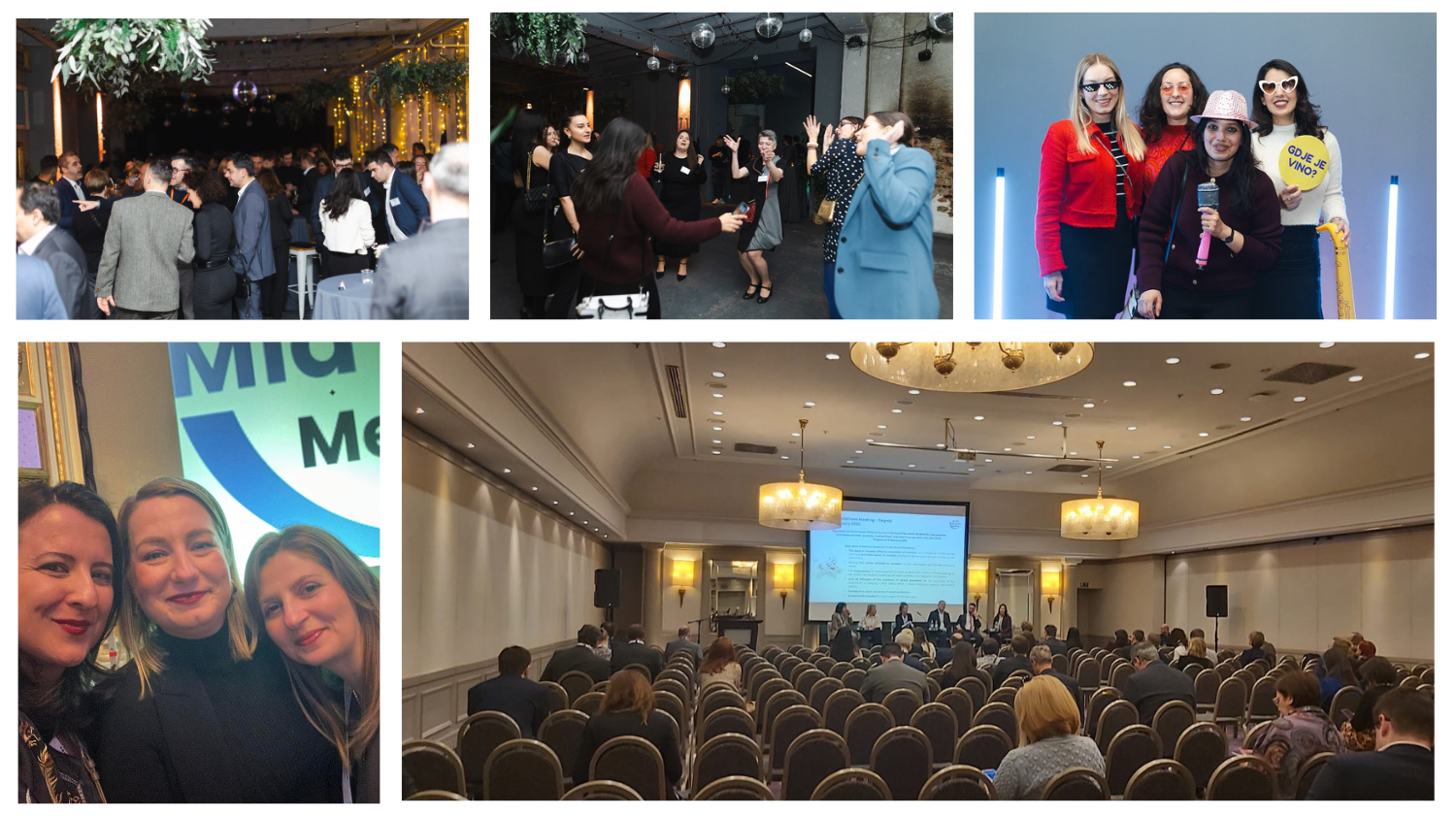Law no. 112/2020 amending and supplementing Law no. 84/1998 on Trademarks and Geographical Indications (the “Law”) entered into force on 13.07.2020. The scope of the Law is to transpose Directive (EU) 2015/2436 into national law. The most important changes introduced by the Law can be summarized as follows:
New definition of signs that may constitute a trademark
The requirement that the signs shall be capable of being represented graphically has been replaced by the requirement of these being capable of representation in the register in a manner which enables the competent authorities and the public to determine the clear and precise subject matter of the protection afforded to the proprietor.
List of goods and services / Indication of class headings
- Goods/services shall be specified with sufficient clarity and precision in order to enable the competent authorities and economic operators to determine the extent of the protection sought.
- The use of general terms or general indications included in the class headings of the Nice Classification shall be interpreted as including all the goods or services covered by the literal meaning of the indication or term.
- The owners of trademarks registered for a class heading can file a declaration before the Romanian State Office for Inventions and Trademarks (the „Office”) by 30th September 2020 indicating that at the date of filing of the trademark application, their intention was to seek protection also for goods/services not covered by the literal meaning of the class heading, provided that the goods/services which will be clearly and precisely specified in the aforesaid declaration are included in the alphabetical list of the respective class from the edition of the Nice Classification in force at the date of filing the trademark application.
In the absence of a declaration filed by the above-mentioned deadline, trademarks registered for class headings will be considered as extending only to goods/services covered by the literal meaning of the indications included in the heading of the relevant class.
Amendment/introduction of several procedural deadlines
In order to streamline various procedural steps, time limits have been modified. Some of the most relevant amendments refer to the following:
- The deadline for filing documents in support of a priority claim has been reduced from 3 months to 30 days;
- The requirements concerning the application are examined within 7 days of it being filed, instead of the former 30-day period;
- If the said requirements are not met, the applicant now has only 30 days to comply, instead of the former 3-month period provisioned by the old version of the legal texts;
- If a disclaimer is requested ref. a non-essential element of the mark, the applicant has 30 days to comply, instead of the former 2-month period;
- If the application is found not to meet the legal requirements, the applicant is given a 30-day period to communicate a point of view. This deadline can be extended once, with additional 30 days, and upon payment of the respective official fees. In the former version of the legal text, the period the applicant had to communicate said point of view was of 3 months, extendable by additional 3 months;
- Upon completion of the registration procedure, the Office notifies the applicant in this respect. If the applicant fails to pay the official fees for the issuance of the registration certificate within 30 days thereof, the Office will consider that the applicant has renounced/waived the application;
- Renewals: extending the period for filing a renewal application from 3 to 6 months (prior to the mark’s expiry date).
The reclassification of absolute grounds of refusal
Several new grounds have been introduced, such as the designation of origin, traditional terms for wines, traditional specialties guaranteed, plant variety denominations.
Also, a novelty is represented by the fact that acquired distinctiveness can be invoked in relation to the period subsequent to the application, and not just preceding it.
Changes concerning relative grounds
Clarifications are brought to the fact that reputation/well-known status can be invoked also in relation to identical/similar goods/services, and not just when the goods/services are different, thereby eliminating a perpetual cause for debate on that aspect.
Also, as regards to bad faith on behalf of the applicant, it is no longer necessary to invoke a mark which is protected and used abroad, now being enough to refer to an earlier mark which is protected abroad; another change is seen by specifically pointing out, in art. 6 § 3 letter (b), the possibility of invoking earlier rights stemming from designations of origin.
Oppositions
Several changes have been brought to the opposition procedure, as follows:
The 2-month period to oppose is now counted from the date the application’s grant is published.
The period in which the opponent can submit evidence to attest use of the prior rights invoked has been extended from 1 to 2 months. An absolute novelty is the fact that upon receipt of these evidence of use, the applicant is given the opportunity to comment on them (within 30 days of it being served with the evidence).
The introduction of a 2-month cooling-off period, in which the parties can explore an amicable settlement of the conflict. Upon joint request of the parties, this 2-month period can be extended by no more than 3 months.
The introduction of the possibility the opponent has to submit evidence/arguments in support of the opposition within 30 days of being notified of the end of the cooling-off period.
The extension and clarification of actions in defense of a trademark
The owner of a mark can prohibit third parties to use as (part of) a company name a sign which is identical/similar to the mark.
The owner of an earlier mark can now request a ban on the use of an identical/similar sign in comparative advertising, and also the prerogative the said owner has to request the elimination of any reference to the mark, when it is used in a generic fashion in dictionaries, encyclopedias, etc.
The owner of a mark is entitled to prevent the transit in Romania of goods (and their packages) bearing an identical mark, when these goods are not destined to be marketed in Romania, provided the owner/consignee of the goods does not submit proof that the IPR owner does not have just cause to prevent said goods from being marketed/sold in the country of final destination.
Changes referring to invalidity claims
The 5-year term for filing the invalidity claim (as provisioned by the former version of the law) is eliminated.
Interested parties are given the option of initiating the invalidity proceedings before the Bucharest Tribunal or the Office. However, the Office´s prerogative to deal with invalidity proceedings will enter into force on January 14, 2023, in order to provide enough time for the institutions to organize and prepare.






